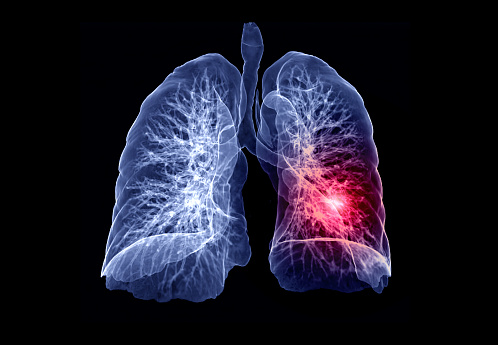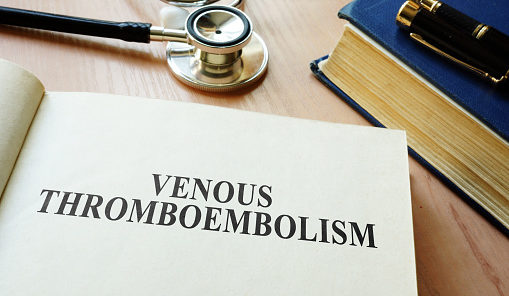An analysis of the latest US Preventive Services Task Force (USPSTF) lung cancer screening guideline for screening eligibility found that while improvements were made in eligibility among certain populations, racial disparities persist.
“Lung cancer screening can save lives, but the rate of eligibility varies among populations,” the researchers explained. “To reflect current evidence, the USPSTF has revised the lung cancer screening eligibility criteria by lowering the age to 50 years and reducing the smoking history to 20 pack-years, which may help to ameliorate sex- and race/ethnicity-related disparities.” Previously, the eligibility criteria were current or former (within 15 years) smokers aged between 55 to 80 years with a smoking history of more than 30 pack-years.
Those who responded to the Centers for Disease Control and Prevention’s Behavioral Risk Factor Surveillance System who were aged between 50 and 80 years, had a history of smoking, and completed the optional lung cancer screening module were assessed.
A total of 40,869 people were evaluated in the study: 21,265 were female; 3,430 were Black; and 1,226 were Hispanic. The mean age was 65.6 years (standard deviation, 7.9 years).
The percent of people eligible for screening before and after the revised guidelines were implemented were:
- men, 29.4% to 38.3% (8.9% difference, P<0.001)
- women, 25.9% to 36.4% (10.5% difference, P<0.001)
- White individuals, 31.1% to 40.9% (9.8% difference, P<0.001)
- Black individuals, 16.3% to 28.8% (12.5% difference, P<0.001)
- Hispanic individuals, 10.5% to 18.7% (8.2% difference, P<0.001)
Women were less likely to be eligible than men (adjusted odds ratio [aOR], 0.88; 95% confidence interval [CI], 0.79-0.99; P=0.04). The odds of being eligible for screening, compared to White individuals, were lower for Black (aOR, 0.43; 95% CI, 0.33-0.56; P<0.001) and Hispanic individuals (aOR, 0.70; 95% CI, 0.62-0.80; P<0.001).
The study was published in JAMA Network Open.
The researchers wrote in their conclusion that “simply raising or lowering the criteria based on age and smoking history are unlikely to have a meaningful effect on reducing inequities across racial/ethnic groups, and lung cancer screening criteria are likely to remain biased against Black and Hispanic smokers unless the criteria are adapted for different racial/ethnic groups.”
Credit: Original article published here.










